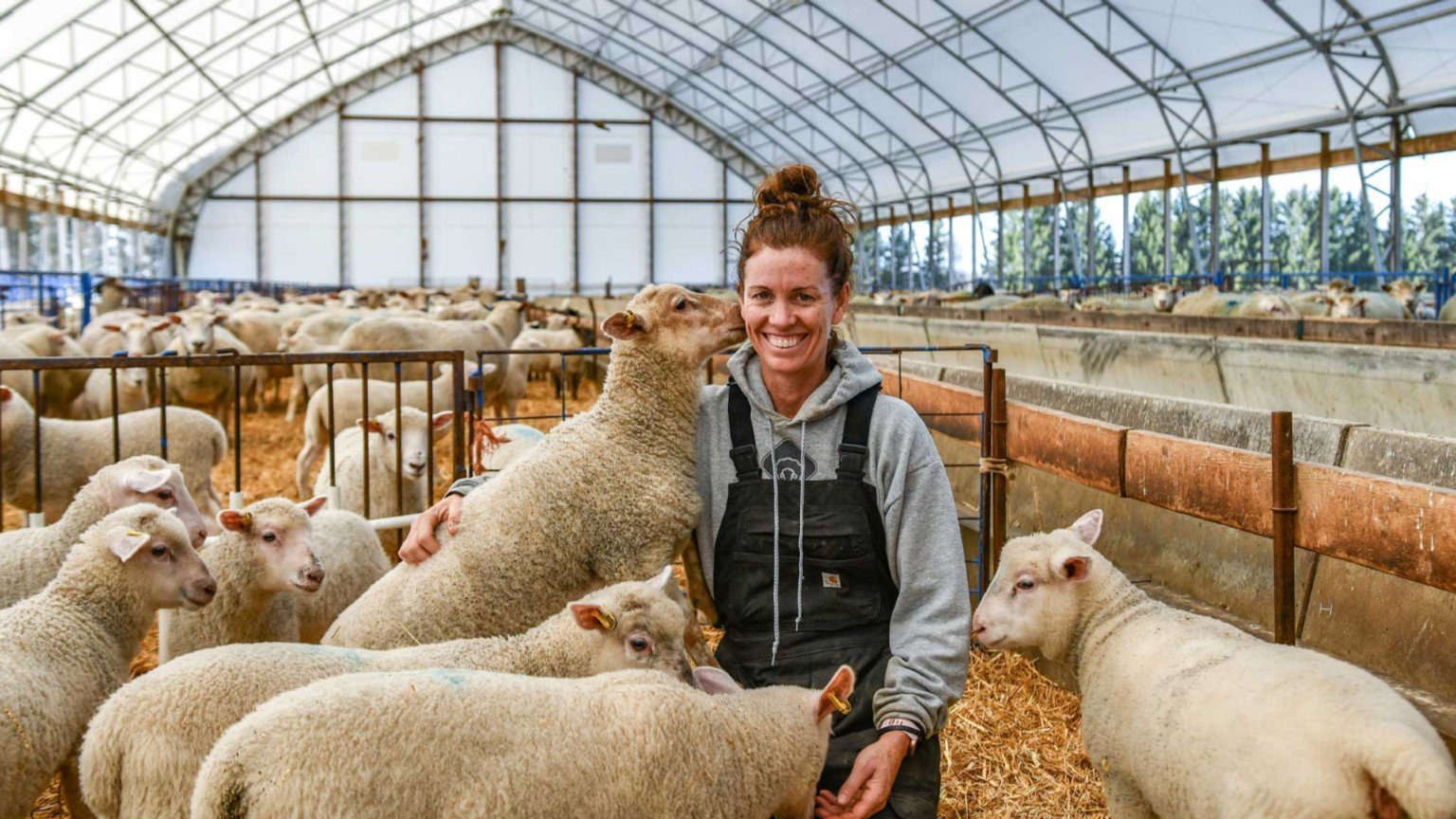In an era marked by an increasing awareness of ethical considerations and societal responsibilities, the importance of Animal Welfare Certification cannot be overstated. This certification transcends the realms of mere compliance; it represents a commitment to compassion, responsible practices, and the well-being of the creatures we share our planet with.
At the heart of the matter lies the fundamental connection between Animal Welfare Certification and societal values. As consumers become more conscientious about the ethical implications of their choices, businesses operating within the realms of agriculture, food processing, and various other sectors must recognize the necessity of embracing this certification. It goes beyond a regulatory requirement; it is a societal demand for transparency and accountability in our treatment of animals.
For businesses engaged in the processing of dairy products, particularly the traditional Cypriot delight, halloumi, adopting Animal Welfare Certification becomes a symbol of dedication to both quality and ethical production. Beyond ensuring the humane treatment of animals, this certification assures consumers that their favorite dairy products align with their values of compassion and responsible consumption.
Certification bodies play a pivotal role in establishing and maintaining standards for the ethical treatment of animals. By doing so, they contribute to the building of a more humane society, where the welfare of animals is regarded as a shared responsibility. This, in turn, fosters a sense of trust between businesses and consumers, as the certification serves as a tangible indicator of a commitment to ethical practices.
The benefits of Animal Welfare Certification extend beyond societal values and ethics; it is also a crucial component in fostering responsible business practices. The certification acts as a guide for businesses, encouraging them to implement and uphold humane treatment standards throughout their supply chains. This not only safeguards the well-being of animals but also mitigates risks associated with unethical practices, enhancing the overall reputation and trustworthiness of the business.
In the context of a renovation company, for instance, integrating Animal Welfare Certification into business practices adds an additional layer of responsibility. By considering the ethical treatment of animals in the sourcing of materials and during construction processes, these companies contribute to a more compassionate and sustainable business landscape.
Furthermore, Animal Welfare Certification serves as a valuable marketing tool. As consumers become more discerning, they seek products and services that align with their values. Businesses that proudly display their commitment to animal welfare are likely to attract a growing demographic of socially conscious consumers, thereby creating a positive impact on their bottom line.
In conclusion, Animal Welfare Certification is not merely a checkbox on a list of regulations; it is a fundamental aspect of building a compassionate society and fostering responsible business practices. As we navigate a world where ethics and sustainability are at the forefront of consumer consciousness, businesses that embrace and champion the cause of animal welfare are not only meeting a societal demand but are also laying the foundation for a more ethical and prosperous future.
By Panayioti Salafori, General Director of Mycert

